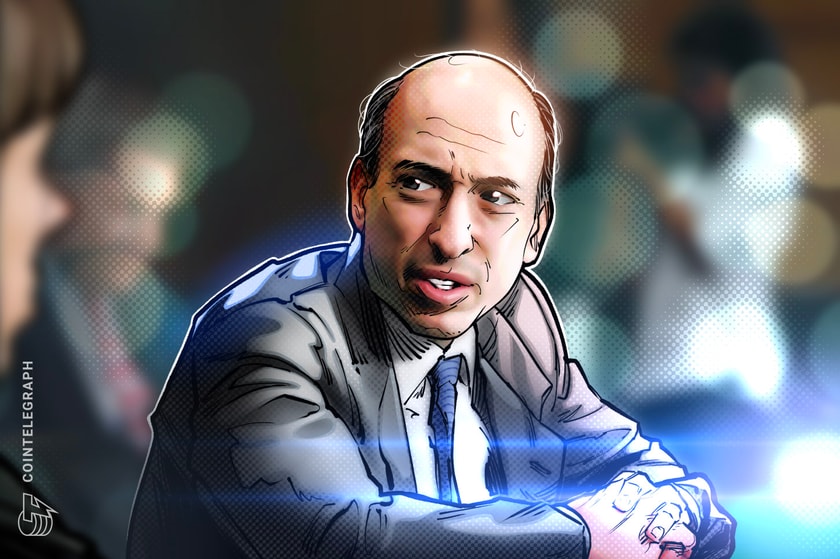United States Securities and Exchange Commission chair Gary Gensler has reportedly stated that, without some form of intervention, a financial crisis stemming from the widespread use of artificial intelligence was “nearly unavoidable.”
The chair’s comments came during an interview with the Financial Times where, according to the article, Gensler says this crisis could come within a decade.
The chair’s concerns evidently revolve around the centralization of AI models and cloud service providers.
Per the interview:
“I do think we will, in the future, have a financial crisis … if everybody’s relying on a base model and the base model is sitting not at the broker dealer, but it’s sitting at one of the big tech companies. And how many cloud providers do we have in this country?”
Alongside cryptocurrency regulation, artificial intelligence has become one of the SEC’s biggest regulatory challenges. According to the Financial Times, Gensler is concerned about over reliance on similar models (e.g., ChatGPT) leading to herd behavior on Wall Street and throughout U.S. financial markets.
Related: Gary Gensler confirms SEC’s use of AI for financial surveillance
Gensler’s stance is nothing new. In 2020, along with co-author Lily Bailey, then an MIT research assistant (now working at the SEC as an assistant to the chief of staff, according to their LinkedIn page), the chair wrote a research paper titled “Deep Learning and Financial Stability” wherein he professed a similar point of view.
Per the 2020 paper, the increasing use of artificial intelligence systems in the financial system “may lead to financial system fragility and economy-wide risks.”
The paper continues with an implicit call for government regulation, “existing financial sector regulatory regimes – built in an earlier era of data analytics technology – are likely to fall short in addressing the systemic risks posed by broad adoption of deep learning in finance.”
Click Here to Read the Full Original Article at Cointelegraph.com News…
























